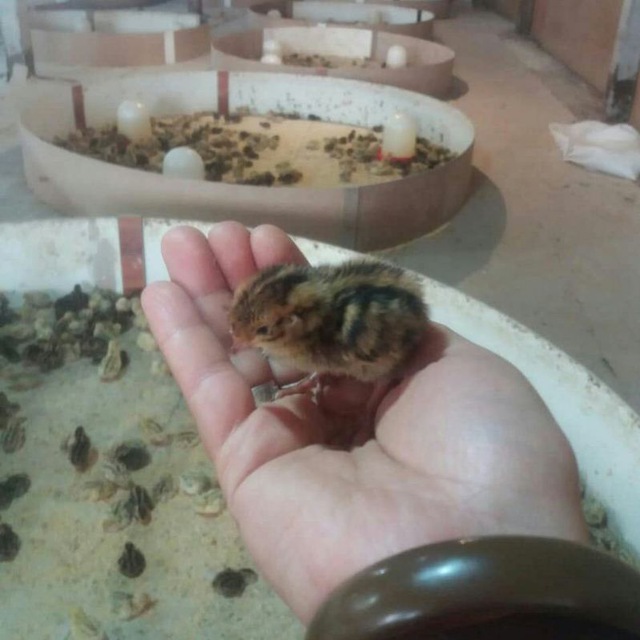Why do we add salt to the poultry diet?
We all add food salt to livestock and poultry rations. But why do we add salt to the diet of animals?
As you know, table salt is made of two elements sodium (which is sometimes called sodium and for this reason it is indicated by the symbol Na) and chlorine or Cl. Therefore, the physiological importance of table salt is related to these two elements. That is, sodium and chlorine have a series of vital functions in the body, which must be provided through the salt in the diet and possibly the salt in water and salt in other food items. Although table salt is added to the ration in a very small amount (and sometimes it is freely given to some animals), but the lack or excess of table salt can cause serious problems for livestock and poultry. It is necessary to explain that both sodium and chlorine are considered essential minerals. Now the question arises, why are they called essential minerals? The term essential is used for those minerals whose physiological functions are known in the body. Now we will deal with these tasks in the following lines
First, we will discuss the importance of sodium and its function in the body in order to understand the importance of salt in livestock and poultry diets:
1- Sodium plays a role in the transmission of nerve signals. We should know that the nervous system and hormones play a vital role in the regulation of our bodies and animals, and it is interesting that the sodium element plays a role in the transmission of nerve signals.
2- The absorption of amino acids in the digestive system depends on sodium. This point is very interesting!! We pay so much for the balance of amino acids in the diet, and if the amount of salt in the diet is not balanced, then the absorption of expensive amino acids will be disturbed.
3- Sodium plays a role in muscle contraction and as we know, the heart is one of the most important muscles in the body. Therefore, this sentence can clarify the importance of salt in food for us.
4- We all say that water is the source of life!! Why? Because all body reactions take place in a water environment. Dynamic Armita. It is interesting to know that the sodium element plays a role in regulating the volume of body fluids and the acid-base balance of the body
5- Sodium plays a role in the absorption of monosaccharides (simple sugars). Therefore, sodium deficiency can disrupt the absorption of monosaccharides, which is one of the energy sources for animals.
What are the side effects of sodium deficiency?
First, let’s talk about mild sodium deficiency in poultry diet: mild sodium deficiency in laying hens causes reduced egg production, reduced growth and cannibalism. Many diseases reduce sodium in the body. This decrease in production can be due to a decrease in the efficiency of using proteins and feed energy. In these diseases, there is usually excretion through the digestive system due to diarrhea or excretion through urine due to kidney and adrenal gland disease.
But severe sodium deficiency can cause a decrease in osmotic pressure and a change in the body’s acid-base balance. The outflow of blood from the heart decreases, which indicates a decrease in arterial pressure. The amount of blood concentration or hematocrit increases, the elasticity of the muscles under the skin decreases, the activity of the adrenal gland decreases. Urea or uric acid in the blood increases and shock results and eventually leads to the death of the animal.
This post is written by MohammadH555
